Join projects of the Chronorobotics laboratory
Our projects aim to create AI that will enable long-term deployments of autonomous robots in natural and human-populated environments.
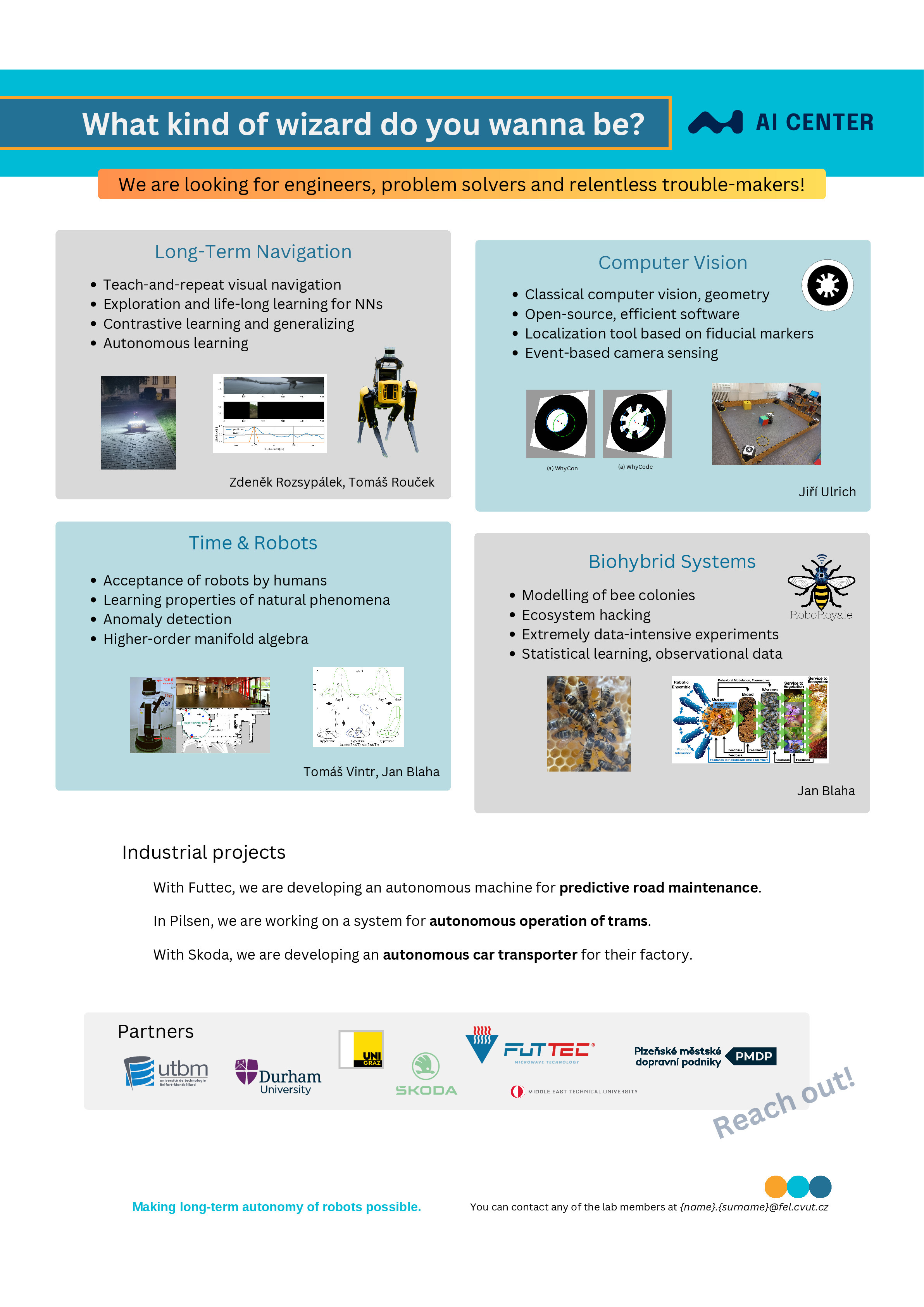
The following projects were offered to students in the past:
Roboroyale
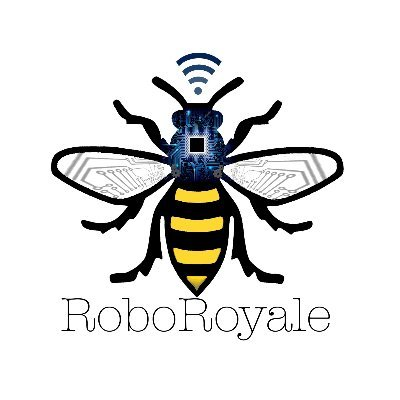
In Roboroyale (EU H2020 FET), we will seek to develop micro-robotic, biological, and machine learning technologies into a system that can support the well-being of the honeybee queen, the single key individual responsible for the reproductive success and efficiency of the colony. We seek individuals interested to learn about mathematical modelling of robot-insect interaction and biohybrid swarm systems.
TotalTempo
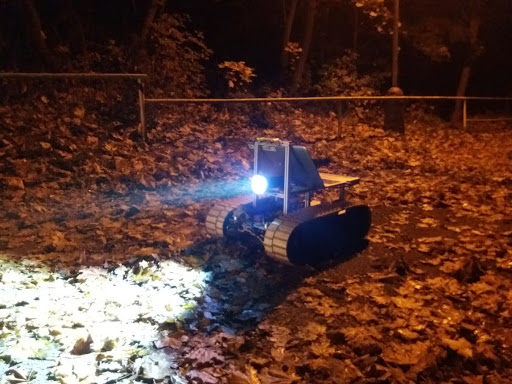
The TotalTempo project aims to create robots that can understand the long-term dynamics of cities and forecast changes caused by people. Forecasting traffic jams, construction activities, crowdedness, pedestrian flows, taxi demand etc. allows autonomous vehicles and mobile robots to perform more and more efficiently over time. We seek enthusiastic programmers willing to learn mobile robot navigation (C++/Python), computer vision (C/C++/Python), data management, and spatio-temporal modeling (Python/Cython/C).
Phoenix

The Phoenix project aims to develop autonomous transporter of passenger cars. The robot is capable of fetching vehicles from a factory, transporting them over a public road network and parking them at designated areas. We seek programmers interested in autonomous vehicles, motion planning, localisation, control, obstacle detection, visual navigation and long-term experiments. Apart from theoretical principles will learn about C(++) and ROS (Robot Operating System).
FreMEn contra COVID
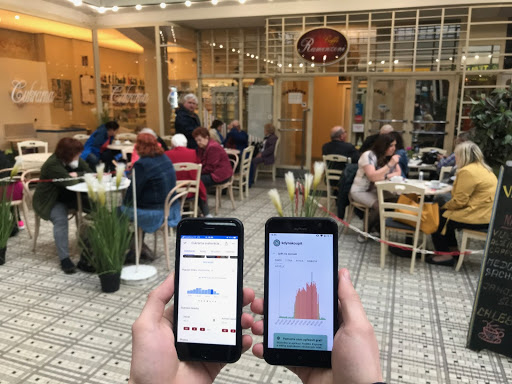
The FreMEn contra COVID project uses spatio-temporal models to forecast the crowdedness of public locations (kdynakoupit.cz), so that people can avoid crowds to feel safe from infection. We seek developers wanting to maintain and improve the current system or to implement or test new forecasting models based on data mined from open-source maps and other public sources of information. Knowledge of Javascript, Python and databases is preferred.
Chronotron
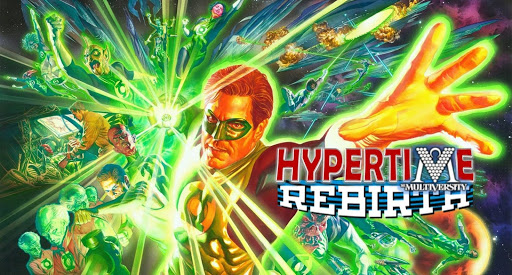
The Chronotron project aims to develop novel neural architectures capable of understanding time through emulation of the biochemical processes in central neural systems. We seek someone interested in bioinspired machine learning and its deployment in robotic systems. You will learn how to create complex machine learning models in Python and deploy them in real-world conditions.
WhyCon
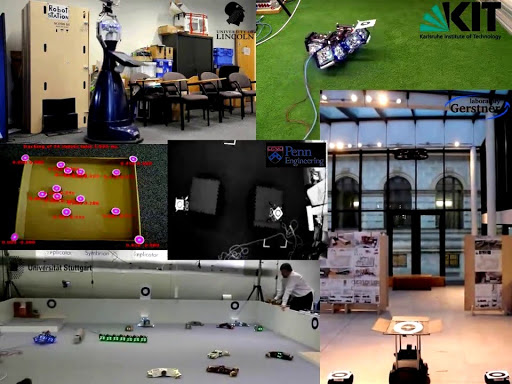
The WhyCon project aims to further develop efficient fiducial markers for broad usage in robotic and drone systems. We seek programmers interested in computer vision to build a robust system and to integrate this method into Open Computer Vision Library and ROS. You will learn C/C++ and ROS and how to properly evaluate experiments.
DARPA SubT
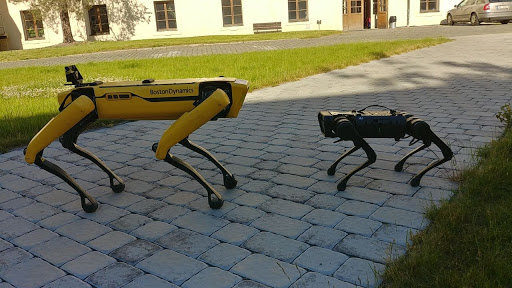
The DARPA SubT project aims at competition held in USA which is focused on mobile robots driving autonomously underground and looking for people, phones or potential gas leaks. This requires complex behaviour from robots to maneuver in conditions such as smoke, dust, dripping water and so on. We seek students interested in mobile robotics who will help develop methods for overcoming such harsh conditions and looking for phones and other objects wirelessly. You will learn C/C++/python and ROS and will work with real robots such as SPOT from Boston Dynamics.
.png)